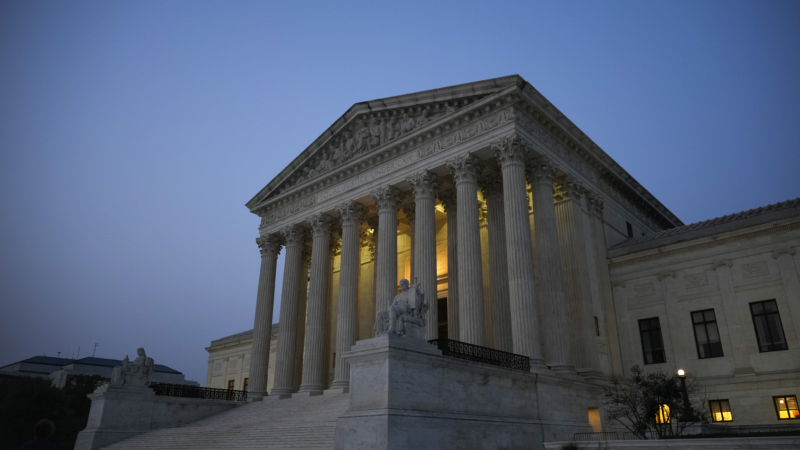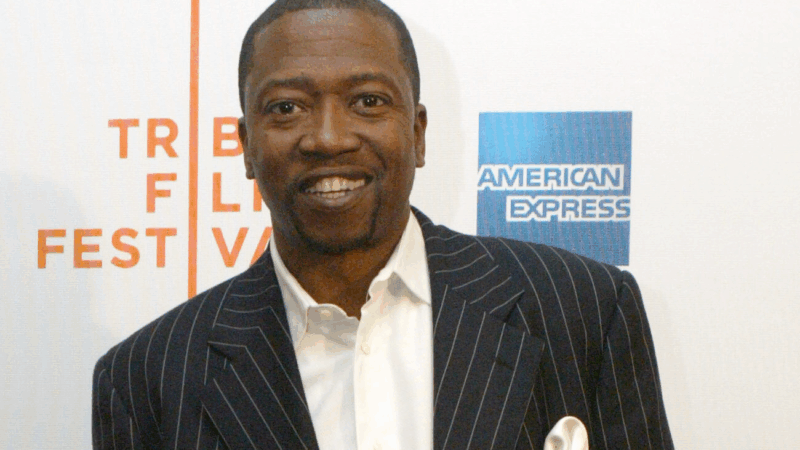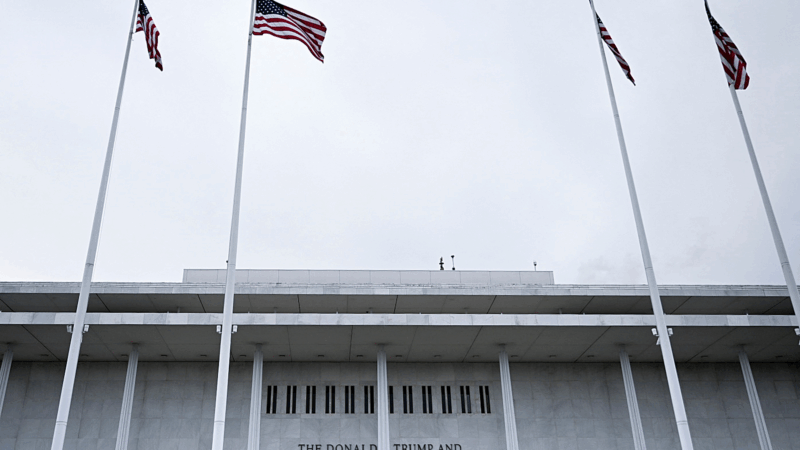At the Supreme Court, justices are skeptical of Mexico’s arguments against gunmakers
At the U.S. Supreme Court Tuesday, the justices seemed poised to throw out Mexico’s lawsuit against U.S. gun manufacturers for allegedly aiding and abetting the gushing pipeline of weapons from the U.S. to Mexican cartels.
Mexico is suing Smith and Wesson, Colt, and other gunmakers for $10 billion in damages, claiming that they are deliberately turning a blind eye to the sale of hundreds of thousands of high powered weapons made in the U.S. and trafficked illegally into the hands of Mexican cartels. The gunmakers contend that they are immune from such suits under a federal law enacted in 2005 that protects the gun industry from most, but not all, lawsuits.
Representing the industry in the Supreme Court on Tuesday, lawyer Noel Francisco told the justices that Mexico’s claim is both unique and wrong, and that it is foreclosed by the 2005 law.
“No case in American history supports that theory,” he said. “If Mexico is right…then Budweiser is liable for every accident caused by underage drinkers since it knows that teenagers will buy beer, drive drunk, and crash.”
Justice Elena Kagan posed a series of questions about guns that are designed to appeal to Mexican cartels, such as weapons made so it is easier to scrape off serial numbers rom them. “Those allegations are in this complaint,” she observed, noting that the “manufacturers have basically designed and manufactured a set of weapons with a set of characteristics that are peculiarly useful for criminal activity.”
Francisco replied that as long as gun manufacturers are treating everyone the same way, the manufacturers can’t be sued, prompting Kagan to observe, “That’s the problem—that they’re treating this rogue dealer the same as the good dealer?”
Representing Mexico, lawyer Cate Stetson stressed that the lawsuit is still at an early stage, and that a lower appellate court correctly allowed the case to proceed. She urged the justices to let Mexico have the chance to prove its allegations in court.
Justice Samuel Alito pressed her for specifics, asking whether gunmakers knowingly sell to specific red flag dealers. “Yes,” replied Stetson, and reading from Mexico’s complaint in the case, she said that the gun manufacturers “supply dealers with all the guns they can pay for, without any public safety conditions, even if a gun dealer has been repeatedly found to have violated gun laws, been indicted … or has repeatedly supplied cartels in suspicious and obvious sales … including bulk sales.”
As an example, she said that Colt produces three gun models that are specifically targeted at the Mexican market: the Super El Jefe, the Super El Grito, and the Emiliano Zapata 1911.
Justice Brett Kavanaugh asked about the potential effect on the economy if the court were to allow this case to go forward. He noted that “lots of sellers and manufacturers of ordinary products know that they’re going to be misused by some subset of people, ” including the pharmaceutical and automobile industries, and that, he said, is “a real concern.”
Stetson countered with her own version of Francisco’s Budweiser example, noting that if Budweiser was alleged to have a practice of selling bulk quantities of Bud Light to stores located near high schools, and if Bud Light “put out a new can that says ‘Best Prom Ever’ and sold it right into the high school, that is the allegation in this case.”
Despite Stetson’s skilled advocacy, she had a tough time selling her argument, with conservatives and liberals alike indicating significant doubts. A decision in the case is expected by summer.
Veteran actor T.K. Carter, known for ‘The Thing’ and ‘Punky Brewster,’ dies at 69
T.K. Carter gained fame as Nauls the cook in John Carpenter's 1982 horror classic, "The Thing."
Who is Reza Pahlavi, the exiled Crown Prince encouraging demonstrations across Iran?
In exile for nearly 50 years, Iran's Crown Prince Reza Pahlavi has issued calls urging Iranians to join protests sweeping the country. But support for him may not be clear cut.
US launches new retaliatory strikes against ISIS in Syria after deadly ambush
The U.S. has launched another round of strikes against the Islamic State in Syria. This follows last month's ambush that killed two U.S. soldiers and an American civilian interpreter.
6 killed in Mississippi shooting rampage, authorities say
The alleged gunman, 24, has been charged with murder after the Friday shootings in northeast Mississippi. The victims include his father, uncle, brother and a 7-year-old relative, authorities said.
Washington National Opera leaves Kennedy Center, joining slew of artist exits
The WNO is just the latest to say they will no longer perform at the Kennedy Center since Trump took over last year.
Ukrainian drones set fire to Russian oil depot after Moscow launches new hypersonic missile
The strike comes a day after Russia bombarded Ukraine with hundreds of drones and dozens of missiles, including a powerful new hypersonic missile that hit western Ukraine.






